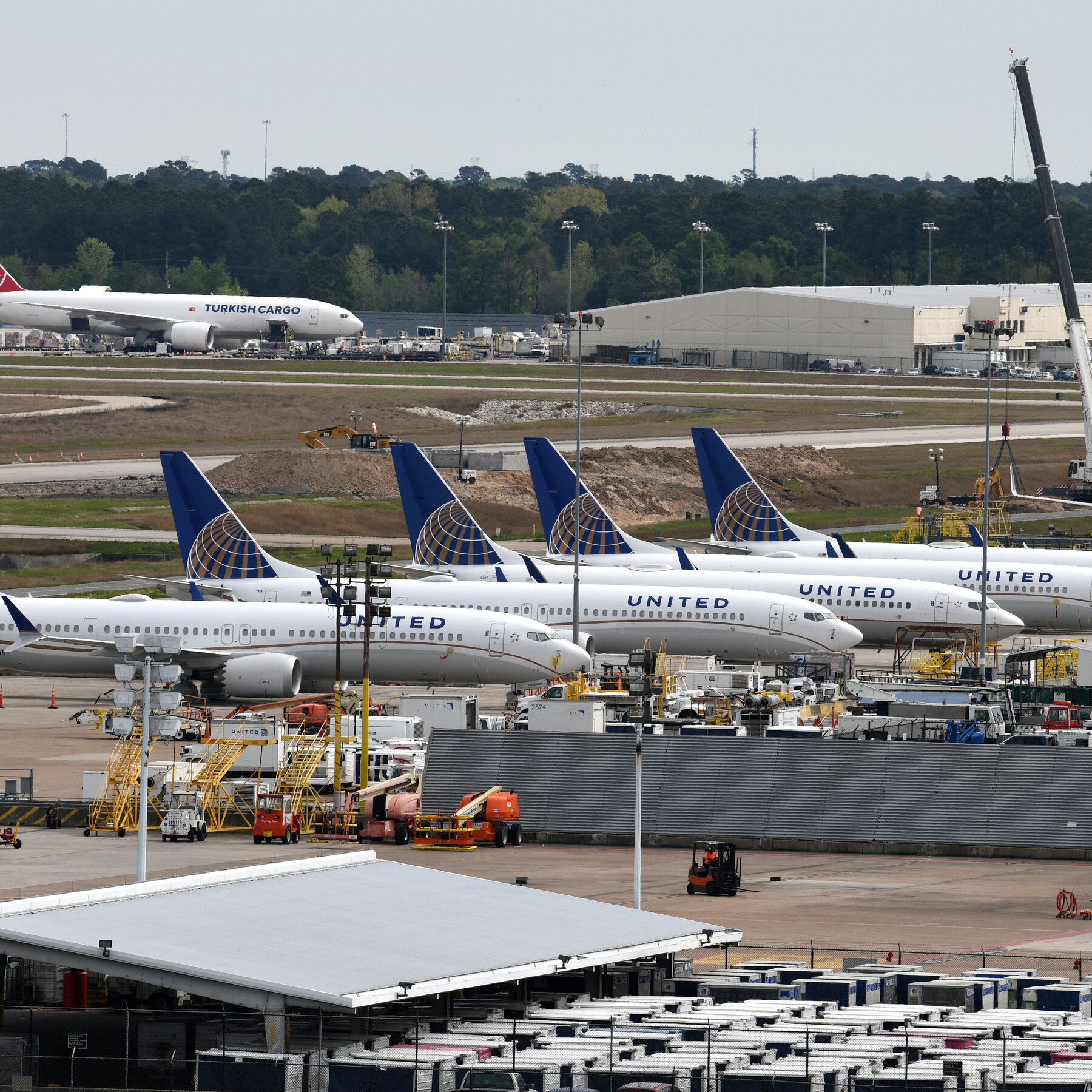Creating a realistic budget for your business is essential for financial stability and long-term success.
A well-planned budget helps you allocate resources effectively, manage cash flow, and prepare for unforeseen challenges. Whether you’re just starting out or looking to refine your financial strategy, understanding how to craft a budget tailored to your business’s needs is a crucial step toward achieving your goals.
In this week’s Let’s Talk, we’ll walk through key steps to create a practical and effective business budget.
Let’s Talk…
Contribute to Dynamic Business ✍
Leanne Berry, Partner Manager – Bookkeepers, MYOB
Leanne Berry, Partner Manager – Bookkeepers, MYOB
“The top three things to consider when developing a realistic budget are:
Be honest – showing the good the bad and the ugly will provide direction and alert you to any actions required
Don’t set and forget – budgets need constant monitoring and adjustment
Keep it simple and easy to follow – there’s no point creating something that’s too complex to understand
“As a first step, gather the relevant information on your business for a clear picture of your income and outgoings. Outgoings might include fixed costs, like rent, insurance, or salaries, as well as variable costs, including cost of goods, marketing and advertising, and shipping. Semi-variable costs might include utilities that may change from month to month.
“Remember to plan for larger one-off spend, such as a product launch, and ensure you have an emergency fund for unexpected costs.
“A business management platform will help you with a real-time view that will help you stay on track and adjust as and when required.
“Last, but certainly not least, assistance from a trusted business advisor, such as a bookkeeper or accountant, is enormously helpful in getting yourself set up and helping you to stay on track to reach your goals.”
David Rosenthal, Practice Lead at Retinue Accounting
David Rosenthal, Practice Lead at Retinue Accounting
“When it comes to business budgeting, I’m a strong advocate for the concept of knowing your “magic number”. This means being able to answer the question: how much do I need to live off? The Magic Number is the figure you need to be able to pay your bills while still being able to enjoy a certain quality of life. All budgeting should start by answering this question.
“From there you need to understand your income and expenses. First, track all sources of revenue — whether it’s from sales, services, or other streams. Then, list your fixed expenses (like rent, utilities, and salaries) and your variable expenses (like materials, marketing, or commissions) that can fluctuate.
“It’s also important to factor in any upcoming one-off costs, like equipment purchases or tax obligations, to avoid surprises. Be honest with yourself about these numbers — underestimating expenses or overestimating revenue can lead to cash flow issues.
“Once you have everything listed, subtract your total expenses from your income to paint a full financial picture. Regularly review and update your budget as your business evolves, and always keep a little buffer for unexpected costs.”
Lauren Hamilton, Head of Marketing at Smart Commercial Solar
Lauren Hamilton, Head of Marketing at Smart Commercial Solar
“A key input into any business budget is the cost of acquisition; i.e. attracting and converting new customers. Sales are the lifeblood of any business and the cost of making them happen always needs to be accounted for – luckily, it’s easy to work this out.
“First, determine the number of average-sized conversions (i.e. sales or bookings) you need monthly to meet your revenue goal.
“Then, work out your conversion rate, i.e. the ratio of deals you typically close, or the rate of browsers who buy. Next, work out how much it typically costs you to acquire a lead or attract a new potential customer through channels such as advertising, events etc.
“Now, you have everything you need to work out this part of your budget.
“If you need to turn over $10,000 per month, and your average sale is $1,000, you need to make 10 sales per month. If you convert 20% of your prospects, you’ll need 50 per month to get those 10 sales. If it costs you $10 per new lead, your marketing budget will need to be at least $500 per month to support your revenue goals.”
Peter Curran, Founder & Business Development Manager at Digital Surfer
Peter Curran, Founder & Business Development Manager at Digital Surfer
“Having a realistic budget is essential for the success of marketing campaigns. Without enough of an investment, even the best marketing team won’t be able to ensure you’re getting in front of the right people, thereby limiting your leads and sales.
“The general consensus is you should be investing at least 10% of your revenue back into your marketing. However, my recommendation is to also use your goals as a guide for what budget you need to set. For paid marketing, you can use the average cost per clicks, and your cost per acquisition (once you have the data), for your industry and location to tell you what you need to set to reach certain milestones, such as needing to generate 50+ leads a month. Organic marketing is a little more case-by-case, but this is why it’s important to be looking at your data and working out what else could be done if you increase your investment, or if you need to look at your offer, or the campaign itself. This is where having a marketing partner you can trust to help guide you in this area is important.”
Julian Grobler, Managing Director at Bow & Arrow Marketing
Julian Grobler, Managing Director at Bow & Arrow Marketing
“Creating a realistic marketing budget for your business is crucial, especially in a B2B environment. Ideally, B2B marketing budgets should fall between 2% and 5% of your annual turnover, depending on your growth objectives. But what if that target feels out of reach for your business right now?
“Start by assessing your current financial situation and setting a budget that’s feasible today, even if it’s below the recommended range. Focus on high-impact, low-cost marketing tactics that align with your goals. For example, instead of launching expensive ad campaigns, invest in content marketing, such as blogs or case studies, that can build long-term value. Prioritise strategies that give you the most return for every dollar spent, such as targeting high-intent leads or nurturing existing relationships through email marketing.
“As your business grows and revenue increases, you can gradually allocate more toward marketing. Consider tying your marketing spend to specific growth milestones. For instance, once you increase revenue by 10%, allocate a portion of that growth to expanding your marketing activities. This incremental approach allows you to stay within your financial limits while working toward the ideal marketing budget over time.
“By maintaining focus and gradually increasing investment, you’ll set the foundation for sustainable growth.”
Fleur Allen, Business Success Coach, Ask Fleur
Fleur Allen, Business Success Coach, Ask Fleur
“Begin by reviewing your numbers to ensure your budget is meeting your costs while supporting your future plans.
“Start by reflecting on your past expenses. For example, if you’re budgeting for 2025, gather your expenditure data from 2023 and the year-to-date for 2024,” says Ms. Allen. “This provides a clear financial snapshot. Assess whether your business is meeting its goals.
“A key step is ensuring a return on investment, particularly in high-cost areas like marketing and events. “Evaluate your top expenses—can they be reduced? If they need to increase, can your revenue support this, or do you need to boost revenue to enable growth?
“A realistic budget strikes a balance between managing costs and enabling future growth.”
Alexander Laureti, Director at LMS Advisory Pty Ltd
Alexander Laureti, Director at LMS Advisory Pty Ltd
“A realistic budget is crucial for business operations, yet many business owners find it difficult to implement due to misunderstandings about the process. A successful budget looks forward but is grounded in historical truth. Your financial data must be accurately recorded, reconciled and adjusted; with the business owner adding their insights.
“Your financials tell a story. When the numbers are agreed by the business owner, the next step is identifying what worked, what didn’t, and what will change. This analysis builds confidence, allowing owners to make informed decisions to achieve goals such as increasing revenue, cutting costs, or improving margins. Understanding key business drivers helps shape these decisions.
“Once historical data is reliable, forecasting becomes easier. Fixed costs like rent and utilities are straight forward (add inflation increases); while variable costs like materials, wages and other sales-linked expenses are projected based on proven trends and business growth. It’s also important to adjust for discretionary spending and one-off events, like cancelled subscriptions, resignations or performance bonuses.
“A realistic budget offers visibility into the business and enables better decision-making. Regularly comparing actuals to the budget throughout the year ensures accountability. This process helps keep the business on track and opens up opportunities for growth and other desired outcomes.”
Najaf Ali, COO & Co-Founder at SEO For Cleaning Services
Najaf Ali, COO & Co-Founder at SEO For Cleaning Services
“Creating a realistic budget is essential for managing business finances effectively and achieving strategic goals. Start by assessing your business needs and goals to determine the essential areas where funds are required, such as marketing, operations, and staff. Break down your expenses into fixed costs (like rent and salaries) and variable costs (like advertising and materials), and allocate funds based on priority and expected returns.
“For SEO For Cleaning Services, we allocate a portion of our budget to tools and technology, which is crucial for maintaining competitive advantage. We also factor in costs for training and development to stay updated with industry trends and best practices.
“Additionally, setting aside a contingency fund for unexpected expenses helps manage financial risks. Regularly review and adjust your budget to reflect changes in your business environment and performance. Tracking expenses and evaluating the ROI of different investments ensures that your budget remains aligned with your business objectives and can adapt to evolving needs.”
Steven Nicholson, Founder of GearChange Business Advisory
Steven Nicholson, Founder of GearChange Business Advisory
“Every business should have a realistic budget. It provides a framework for financial control and a plan to measure performance against. Follow these tips to get started:
Use historical financial data: Use your monthly P&L for the last six or 12 months to predict forward your monthly sales and expenses.
Check for seasonality: Is your business seasonal? It’s ok to use average sales value for your budget if your monthly sales are consistent. However, adjust for seasonality and remember to adjust direct cost of sales also.
Adjust for known changes: Additional staff, new contracts, price increases and economic conditions will impact historical sales averages, so estimate these changes and adjust sales budgets accordingly.
Calculate your gross margin: Easy or hard depending on business type. For businesses with a consistent gross margin, use historical averages; for services or trades businesses, use total cost of labour and a percentage of revenue for materials.
Estimate inflationary increases: For a realistic overheads budget, adjust for inflation and any known cost changes e.g. leases for rent, annual insurance quotes.
“Outsource this to the experts if you don’t have the time or expertise to do this yourself. Your business will thank you for it.”
Discover Let’s Talk Business Topics
Keep up to date with our stories on LinkedIn, Twitter, Facebook and Instagram.
Creating a realistic budget for your business is essential for financial stability and long-term success. A well-planned budget helps you allocate resources effectively, manage cash flow, and prepare for unforeseen challenges. Whether you’re just starting out or looking to refine your financial strategy, understanding how to craft a budget tailored to your business’s needs is Featured, Let’s Talk, Budget, lets talk Dynamic Business










